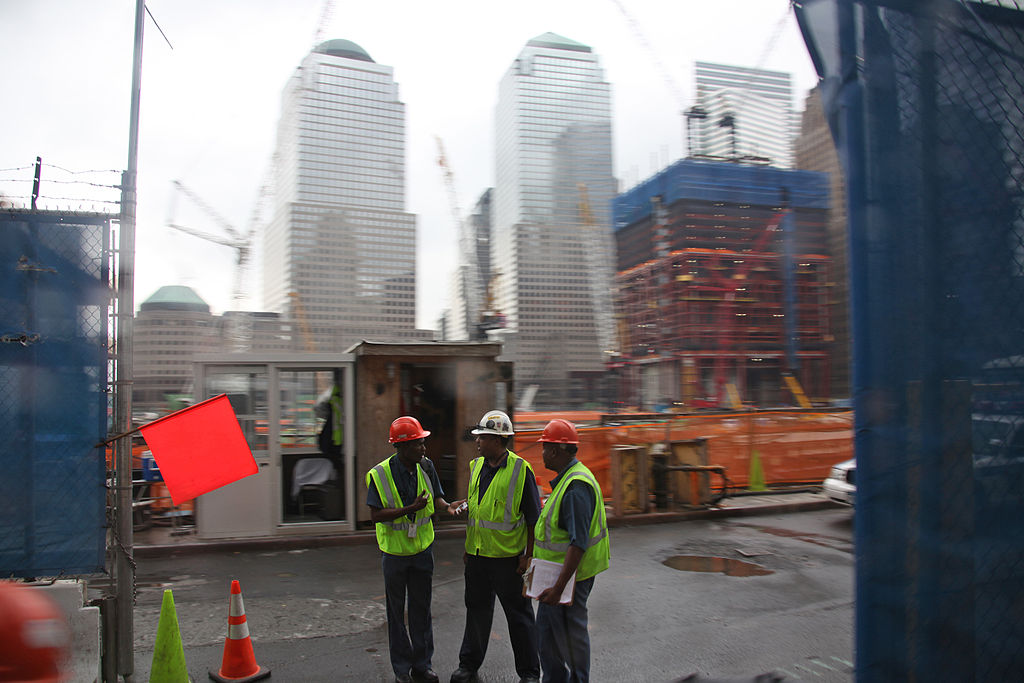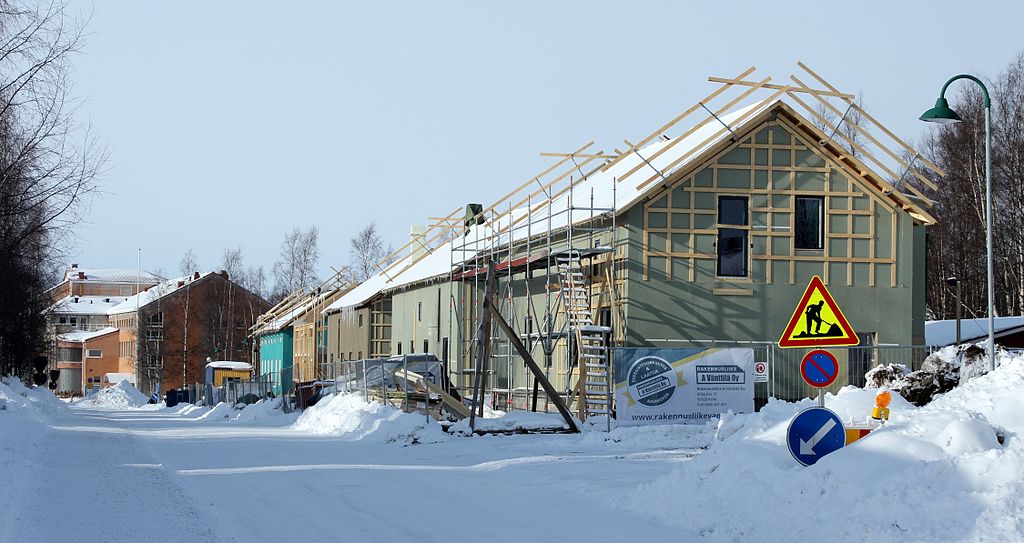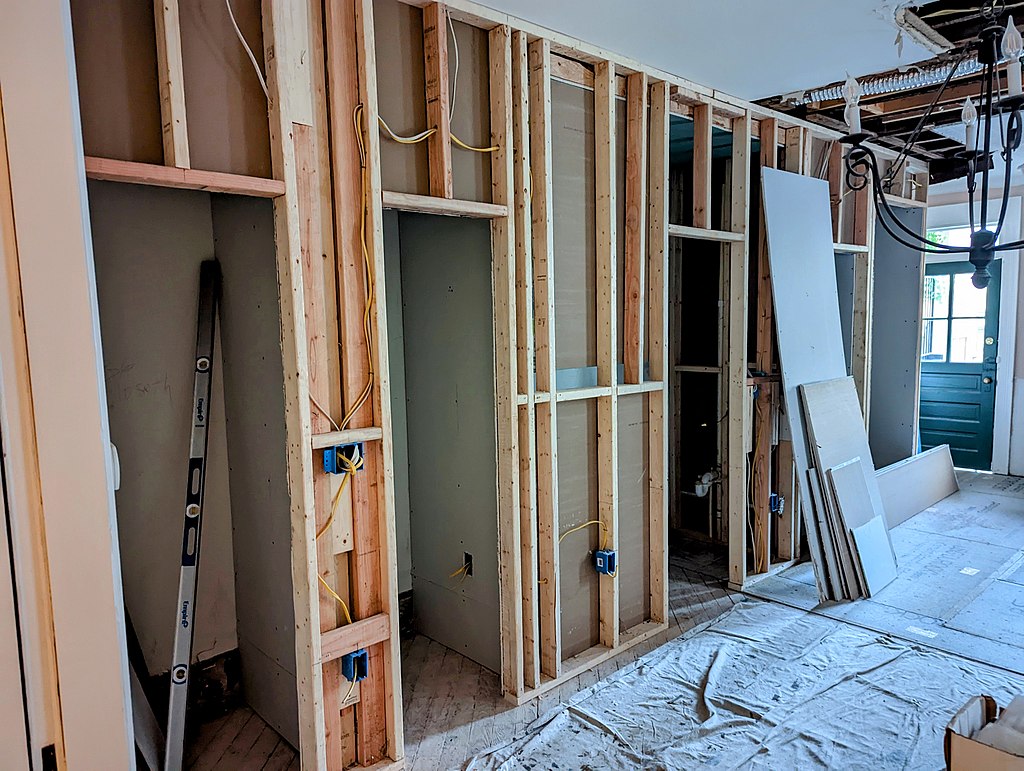Working in construction has traditionally been a physical job. While architects and engineers have always been involved in the construction of buildings, the construction worker has usually been the person on the ground handling the physical day-to-day tasks of building.
Today, construction professionals still have to put in plenty of physical labor, and reliability in the construction industry is still a must. Despite these similarities, the modern construction professional differs in a number of ways compared to construction workers of the past.
Technology In Construction
One of the biggest differences in the daily life of a construction professional in the digital era is the availability and use of technology. Power tools have long been used on construction sites worldwide, but today’s tools use technologies like artificial intelligence and machine learning.
Power tool manufacturers like Milwaukee have incorporated machine learning into the brand’s One-Key system, allowing construction professionals to manage their power tools using smart technologies.
Additionally, technology on the job site allows for greater safety. A construction professional can use remote monitoring technologies to keep an eye on large job sites from virtually anywhere.
Machine learning is used in camera systems to track each individual and machine on a large construction site to monitor for dangerous activity. Internet of Things (IoT) technologies also give construction professionals more options to communicate while working each day.
When smart tools are networked across communications networks using IoT technologies, repair and maintenance issues can be addressed faster. This gives modern construction workers the ability to work more efficiently while boosting productivity.
Education Requirements For Today’s Construction Professional
Although many construction companies still hire workers who have not completed a four-year degree, more and more companies are seeking qualified construction professionals with backgrounds in advanced subjects.
Laborers are the least likely to require a degree for employment in construction, but professionals interested in construction management will almost certainly require a Bachelor’s degree to be considered.
As mentioned above, technology factors heavily into the daily lives of construction workers, so an education in tech subjects may also benefit construction professionals interested in working for a large outfit.
Plenty of computer-assisted design (CAD) applications are used in construction these days, and these programs allow construction professionals to plan out precise details of projects.
A formal education in these applications can be very useful for the modern construction professional in their day-to-day operations.
Working Conditions Vary But Are Safer
The daily life of a construction worker also involves a lot of planning in regard to safety. In the past, construction work had very little oversight, and accidents and injuries were common.
These days, construction professionals take part in regular safety training that is put to use in their daily activities. Safety technology once again plays a role here as construction professionals may need to check in daily using biometric automation and remote communications tools.
Many in the construction industry will also need to review directives and regulations issued by the Occupational Health and Safety Administration (OSHA) during the course of a project to avoid fines and fees.
OSHA and state regulatory agencies oversee a number of daily activities of construction professionals, and many believe these agencies and regulations have helped to reduce accidents and injuries on construction sites.
Administrative Meetings Are Still A Must
Despite the fact that many in the construction industry spend their days actually building things, the need still exists for administrative tasks. This means that construction professionals will usually need to take part in daily staff meetings at project sites to go over any changes to building plans or discuss safety concerns.
These administrative meetings are often a small but integral part of a construction professional’s day since they provide important information to help keep everyone safe and productive.


